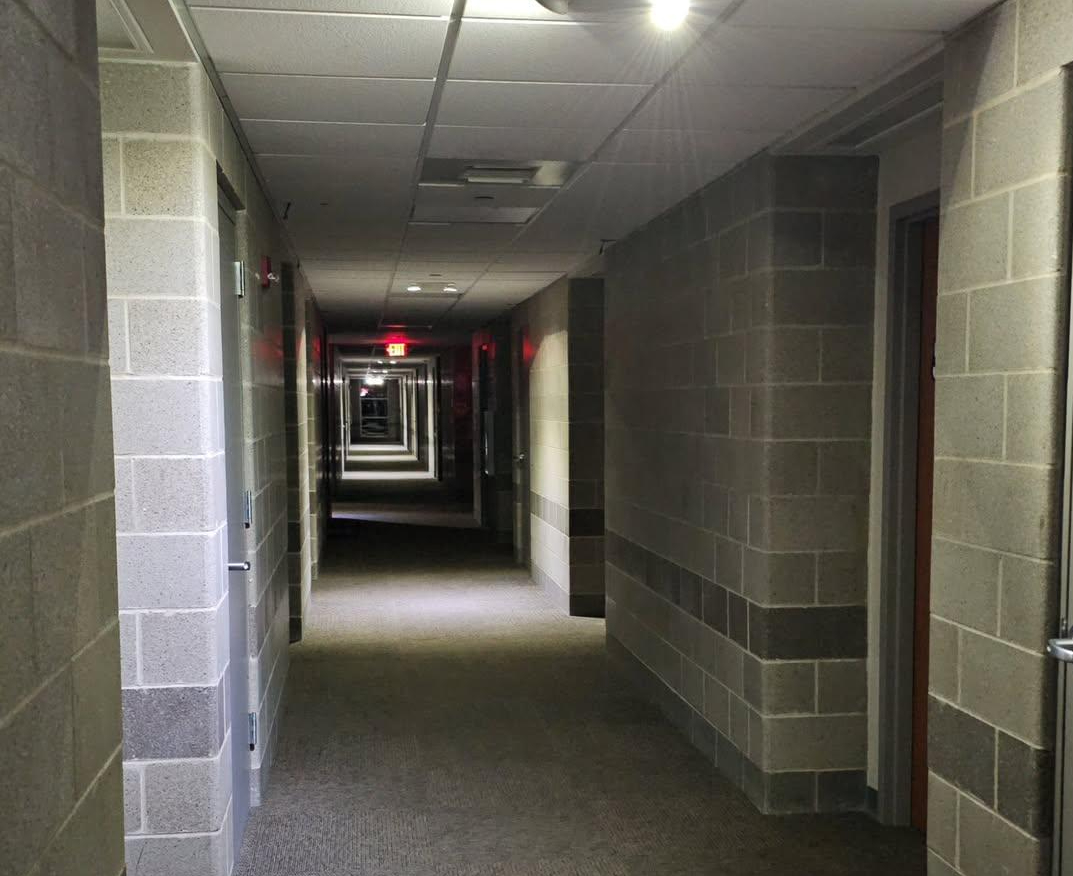Devin King | News Editor
Feb. 17, 2016; 5:30 p.m.

Photo by Carly Fristoe
A former MBA student is suing Lindenwood University after being expelled for plagiarism when he was a few credits shy of graduating.
Soma Sekhar Kandepu, who is from India, is suing for breach of contract, breach of the covenant of faith and fair dealings and violation of the civil rights act.
Kandepu claims that Lindenwood failed to take into account the cultural differences that led him to memorize a study guide rather than paraphrase it for an “open book” assignment. Kandepu also claims that a language barrier prevented him from fully understanding the university’s code of conduct.
According to the lawsuit filed on Feb. 13 with the U.S. District Court of Eastern Missouri, Kandepu is asking for at least $75,000.
Lindenwood General Counsel Grant Shostak could not be immediately reached for comment.
The lawsuit states Kandepu was expelled in the summer of 2015 after the incident involving the study guide.
The incident was viewed as plagiarism by Lindenwood, whose academic dishonesty policy in its student handbook includes plagiarism. The handbook defines the term as, “the fraudulent presentation of another person’s ideas or work as the student’s own, or the presentation of the student’s own previous work as new and original.”
Kandepu’s incident was his second offense against Lindenwood’s academic policy, which states, “Graduate students will be expelled after a second offense is reported.”
The lawsuit states Kandepu’s first strike came in spring 2014 when he was taking a Business Law and Ethics course. He was accused of collaborating with another student on a midterm test question, which is something he claims is common in India. However, when Lindenwood used the plagiarism search software Turnitin, his alleged collaboration was detected.
The suit claims he did not collaborate with anyone because he was on the East Coast and sick. Kandepu claims his only error was reciting work too closely to the study guide.
Kandepu states, “memorization had been valued in the India education system,” and that, “the professor of the class at issue unequivocally stated that there was no need to be concerned about reproducing verbatim information,” which extends to the study guide for the textbook.
His suit argues, “It is considered a sign of respect to the source of knowledge to repeat back the words in a textbook or spoken by a learned scholar verbatim without attribution.”
The suit also claims that he “had been pressured into confessing” to Lindenwood’s definition of plagiarism without fully understanding Lindenwood’s discipline procedures.
Kandepu received a student visa in 2013 and enrolled in at Lindenwood in August of that year. Since then, he has flown in from Delaware and New York “approximately 31 times” in order to attend classes at Lindenwood, according to the lawsuit.
One of Kandepu’s attorney Chantal Methot referred a reporter to attorney Dan Kazanas who was out of town Wednesday.








